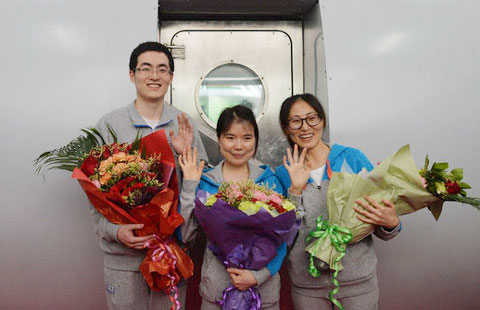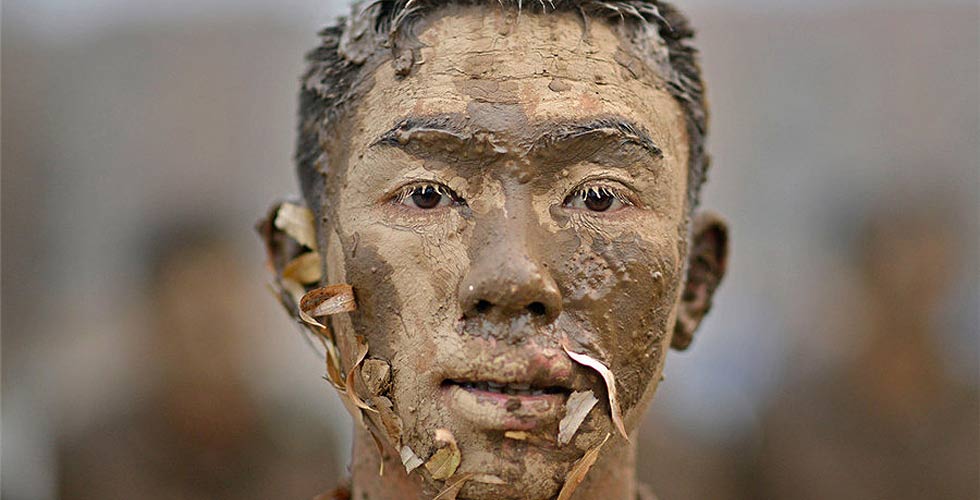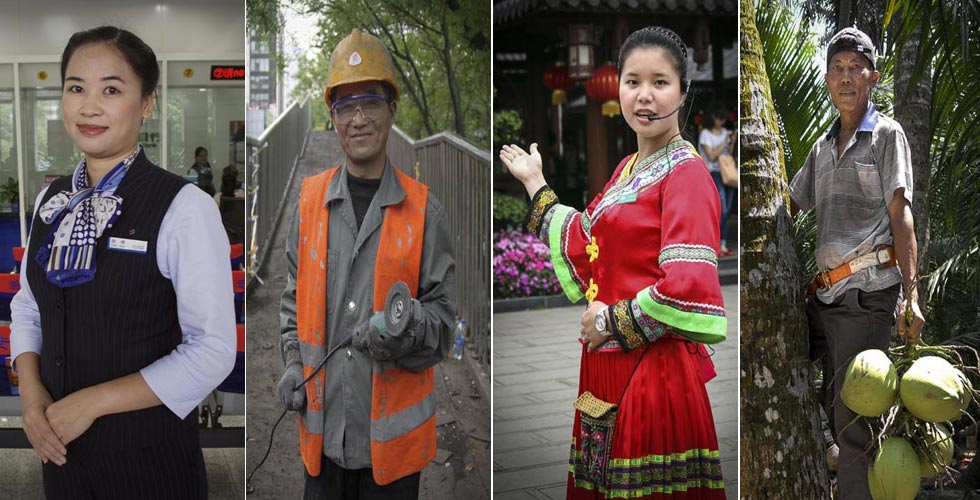ICIF presents a cultural China to the world
Updated: 2014-05-21 15:12
(chinadaily.com.cn)
|
|||||||||||
The 10-year history of the China International Cultural Industries Fair (ICIF) has witnessed the “going-global” process of Chinese culture. In fact, ICIF has served as a channel for the world to get to know a cultural China with a splendid history and innovative vitality.
A few days ago, Wang Jingsheng, the publicity chief of Shenzhen Municipal committee of the CPC, was invited as a guest to the “Cultural Forum” column co-hosted by the People's Daily and people.cn network. He pointed out during the program that central cities are the basic units for publicizing the cultural sovereignty of a nation, and ICIF held for 10 consecutive years in Shenzhen is an important strategic initiative to promote the globalization of Chinese culture.
During the past decade, the going-global strategy has undergone a progressive process. When ICIF was first held, it mainly focused on the export of general cultural products, namely cultural artifacts. Since the second year, great importance has been consciously attached to the going-global of “cultural content”.
Meanwhile, the fair also began to emphasize the export of “cultural concepts”, trying to tell good “China stories” in order to let the world hear China’s voice. For example, the large-scale choral symphony “Ode to Cultures”, which was first played at the opening ceremony of the ninth ICIF and later performed at the UNESCO headquarters in Paris, creatively uses the form of symphony to interpret the core values of Confucian culture. It offers a great opportunity for the world to know Chinese people’s philosophy of life.
This year’s ICIF marks a milestone in the development of China’s cultural industries. The 10th ICIF is by far the largest one with the longest duration and most venues. Additionally, its brand influence has been greatly enhanced. Looking ahead, there is a realistic proposition worth serious consideration: how we can use the Fair to further promote Chinese culture in the world and to tell more “China stories” to other countries?
Shenzhen definitely has the qualities needed to take on this historic mission. There are sufficient reasons why ICIF chose Shenzhen as its location. As a gateway in southern China facing the outside world, Shenzhen is a pilot city of China’s cultural system reform. In addition, it is a city of immigrants, with a powerful ability to include and absorb various cultures. Today, Shenzhen's creative industry has achieved a considerable scale, and has accumulated certain innovation capacity. Successful stories of in-depth combination of technology and creativity are happening here everyday.
In the years to come, Shenzhen needs to continuously strengthen its efforts to combine culture and technology, enhance its ability to use international resources, as well as to expand its international cultural and strategic vision. Only by doing so can the city establish a set of its own quality standards for cultural industries and improve its level of international operations in the cultural market.
As is well understood, culture does not just mean an industry or some product. What we need to export is not only products, but also the stories or even philosophies behind the products, which represent a deeper level of cultural influence. But, how to create more cultural brands that are able to facilitate Chinese cultural values to go global? How to make better use of ICIF to hold more world-class cultural activities? In this regard, the success of “Ode to Cultures” might have given us enough inspiration.
Regarding culture as the decisive force of the city’s competitive strength, Shenzhen has learned to develop towards internationalization by growing its cultural industries. With Shenzhen’s future efforts, ICIF will become an even better platform of cultural exhibition and exchange.
Hot Topics
Wei Guirong drives his granddaughters from kindergarten on his home-made three-wheeled vehicle in Luorong county, Liuzhou city of Guangxi Zhuang autonomous region, on May 19.
Editor's Picks
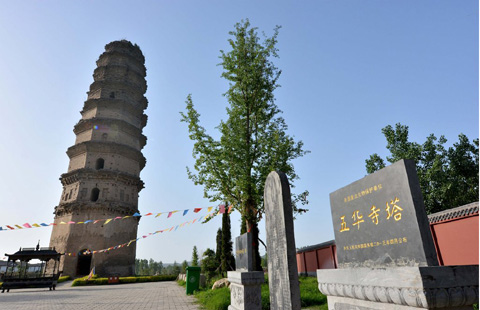
|
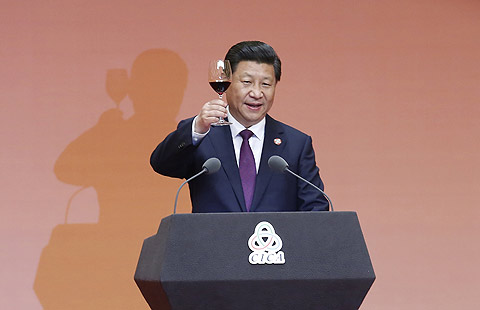
|
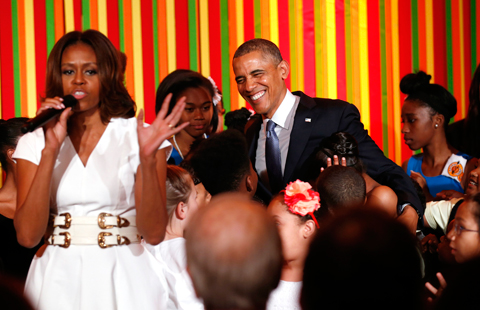
|

|

|

|



